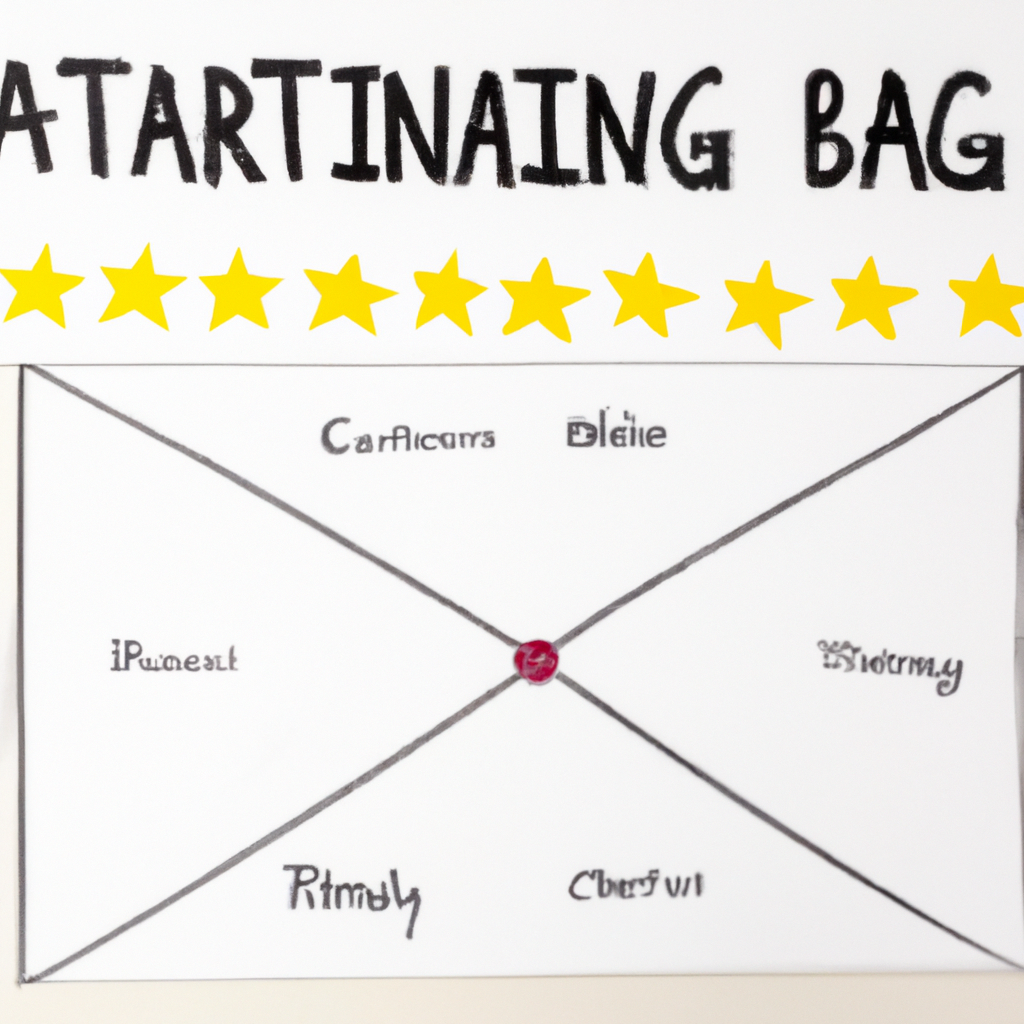Ratings of Financial Education Tools
Introduction
Financial education is crucial for individuals to make informed decisions about their money. With the rise of technology, there are now various financial education tools available to help people learn and improve their financial literacy. In this article, we will explore the ratings of these tools, highlighting their effectiveness and user satisfaction.
1. Online Courses
Online courses have become increasingly popular as a way to learn about personal finance. Many platforms offer comprehensive courses taught by industry experts. These courses cover a wide range of topics, including budgeting, investing, and retirement planning. Ratings for online courses often consider factors such as course content, instructor expertise, and user engagement. Websites like Coursera, Udemy, and Khan Academy provide user ratings and reviews to help individuals choose the best courses for their needs.
2. Mobile Apps
Mobile apps have revolutionized the way people manage their finances. From budgeting apps to investment trackers, there is an abundance of financial education tools available on smartphones. Ratings for mobile apps typically focus on user-friendliness, functionality, and security. Apps like Mint, Acorns, and Robinhood have gained popularity due to their high ratings and positive user feedback. These apps often provide interactive features, personalized recommendations, and educational content to enhance financial knowledge.
3. Podcasts
Podcasts have emerged as a convenient and accessible way to learn about personal finance. Financial experts and enthusiasts host shows covering various money-related topics. Ratings for podcasts often consider the quality of information, engaging discussions, and listener satisfaction. Popular podcasts like “The Dave Ramsey Show,” “ChooseFI,” and “The Money Guy Show” have garnered high ratings and loyal listenership. These podcasts offer valuable insights, practical advice, and real-life stories to educate and inspire individuals on their financial journey.
4. Online Communities and Forums
Online communities and forums provide a platform for individuals to connect, share knowledge, and seek financial advice. These platforms allow users to ask questions, participate in discussions, and learn from experienced members. Ratings for online communities and forums focus on the quality of information, helpfulness of members, and moderation. Websites like Reddit’s personal finance subreddit, Bogleheads forum, and The Motley Fool community have received positive ratings for their active participation and valuable insights.
5. Financial Literacy Games
Financial literacy games offer an interactive and engaging way to learn about personal finance concepts. These games often simulate real-life financial scenarios, enabling individuals to practice decision-making and problem-solving skills. Ratings for financial literacy games consider factors such as educational value, entertainment, and user experience. Games like “Money Metropolis,” “Financial Football,” and “Investor Island” have received favorable ratings for their effectiveness in teaching financial concepts while making learning enjoyable.
Conclusion
In a world where financial literacy is essential, the availability of various education tools has made learning about personal finance more accessible than ever. Ratings for these tools play a crucial role in helping individuals choose the most effective and user-friendly options. Whether through online courses, mobile apps, podcasts, online communities, or financial literacy games, individuals can enhance their financial knowledge and make informed decisions to secure their financial future.

